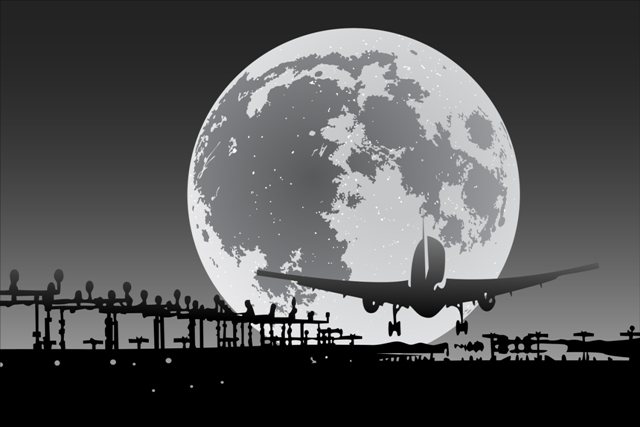Rivada secures UK market access license

Image courtesy Rivada
Rivada is launching a constellation of low-earth orbit satellites to provide government communications, maritime and aviation connectivity, enterprise networking and backhaul services for telecommunications networks.
Ofcom stated: "In October, Ofcom consulted on Rivada's license application and having assessed responses, concluded that Rivada's system is capable of coexisting with other services. We also believe that granting the license will not create a material risk to competition and that Rivada's planned services would benefit UK consumers and businesses."
The network license allows Rivada to use spectrum and deploy user terminals in the UK, which are dishes and antennas used by customers to connect to its satellite network. These can be used on a building, in the air or at sea.
Professor David Hendon, CBE, Senior Vice President at Rivada and former CEO of Ofcom's predecessor, the Radio Communications Agency, commented: "Ofcom is well known in the regulatory world for its painstaking due diligence and great legal caution, so this marks an impressive milestone for Rivada, in which one of the world's leading regulatory bodies has approved the roll out of a unique new network, the OuterNET, for communications services in the UK."
Declan Ganley, CEO, Rivada Space Networks, said: "This is a significant step for Rivada in terms of market access. We are now on an exciting path to ensure that the OuterNET is available globally to solve essential connectivity and networking challenges and open up new business opportunities."
The OuterNET is the first unified global communications network. Rivada's global low-latency point-to-point network of 600 low earth orbit (LEO) satellites is a unique next-generation constellation combining inter-satellite laser links with advanced onboard processing and routing to create a ubiquitous optical mesh network in space. The first satellite launch is set for 2025, with global service available in 2026.













